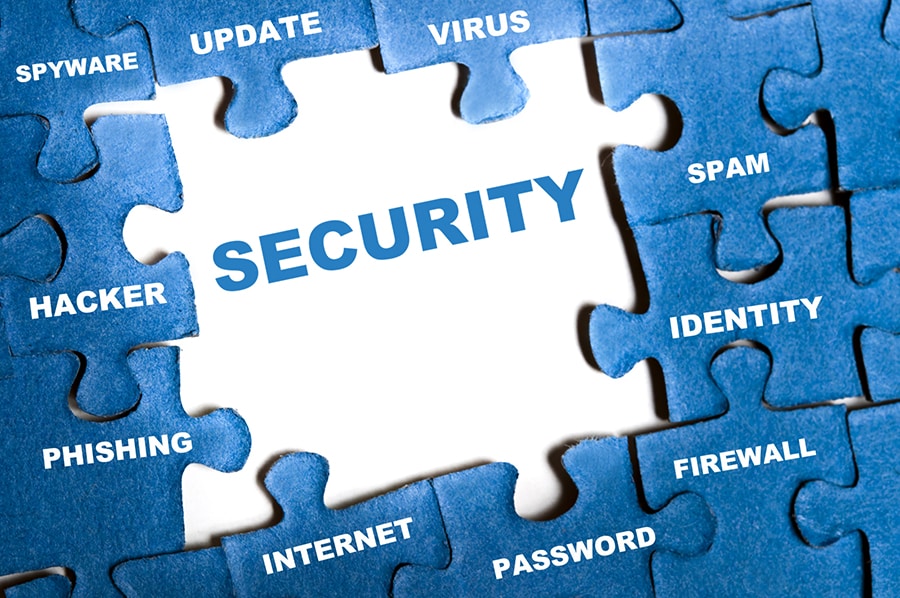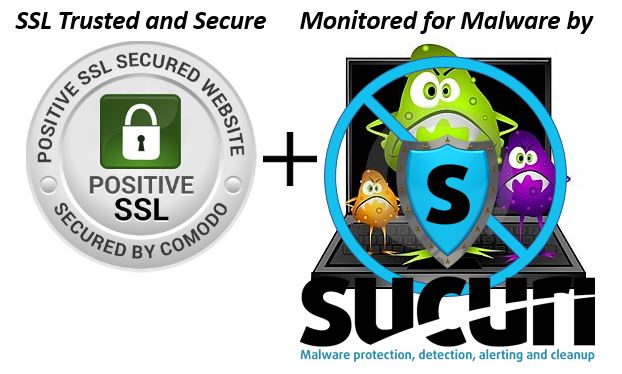Last week I examined free Internet Security programs, discussing the differences between those free solutions and what commercial programs offer. To read that blog you can click here.
A few days after we posted that blog, PC World released their early review of the 2011 commercial antivirus programs, and their opinion on which is the best. You can read that article by clicking here. They also have a recent article that compares current free and pay-for programs (click here to read it), and another that reviews security suites (click here).
So that we don’t rely just on PC World, you can also see what CNet has to say by clicking here, and you can visit PC Magazine and see their reviews by clicking here.
The reason I’m posting so many links to different reviews and opinions on Internet security solutions, is so that you can see the different options you have and some of the opinions that you typically run into when tech-heads start talking about this stuff. The fact is, if you are concerned about what you are currently doing to protect your computer, these articles are a great place to start in your “security education”.
I’m not going to summarize everything that these articles say here, but I do want to pass along a few things I’ve learned from first-hand experience with a lot of these products, and all the stories I’ve heard from my students.
To begin, as PC World mentioned, you can break down Internet security software into different groups. They go with four, but personally, I think there are really just three groups:
- Free AntiVirus Solutions – We talked about these in the last blog, but as a summary… these programs offer basic security against viruses and the worst malware, that’s decent for most average users. Where they fall short is in having no customer support, and fewer options for changing the way the software works (which more advanced users are often interested in). They also typically include some advertising, and in some cases, the download time for updates is longer than for paid programs.
- Pay-for AntiVirus Only Solutions – This programs offer protection against viruses and common malware, but do not typically include anything else (parental controls, firewalls, etc.). They differ from the free programs in having customer support and more options for changing how the program works.
- Pay-for Internet Security Suites – These programs include antivirus, but go beyond by offering such features as a firewall, parental controls, anti-spam filters, “safe” web browsing features, identity theft protection, etc. These are the “everything in one package” type of solutions.
Which one makes the most sense for you? That’s a good question that may be hard to “perfectly” answer, but here are a few points to keep in mind:
- I still contend that for most casual computer users, the free solutions work just fine, since they protect against viruses and the worst of the malware. What about a firewall? Well, starting with Windows XP, Windows includes a simple firewall that works pretty well (so you are protected against hackers), and if you are using a router at home to connect more than one computer to the Internet, the router gives you even MORE firewall protection, by hiding your computers Internet address from the world.
- If you are someone who thinks they might really need customer support someday, paying the $19 to $29 for a commercial antivirus only program would probably be worth it.
- Security Suites are great and all, but I think they can be overkill for a lot of folks, and in some cases, even slow your computer down with all the extra “stuff” they give you. Still, you may be the type of person who will just sleep better at night if you have all that stuff installed.
In my years of doing this, I’ve heard horror stories, but also accolades from folks across the entire spectrum of these products, so take anything you hear from others with a grain of salt. What makes the most sense for you really boils down to your personal comfort level. If the word “free” really trips your trigger, the free programs will be a great solution. If you’ll sleep better at night with a pay-for program, by all means, that’s what you should get.
There’s really only one absolute here. When all is said and done, the most important thing is that you have SOMETHING on your computer to protect you from the threats. That’s the real bottom-line.
As always, we’d love to hear your comments. Please leave them below.









